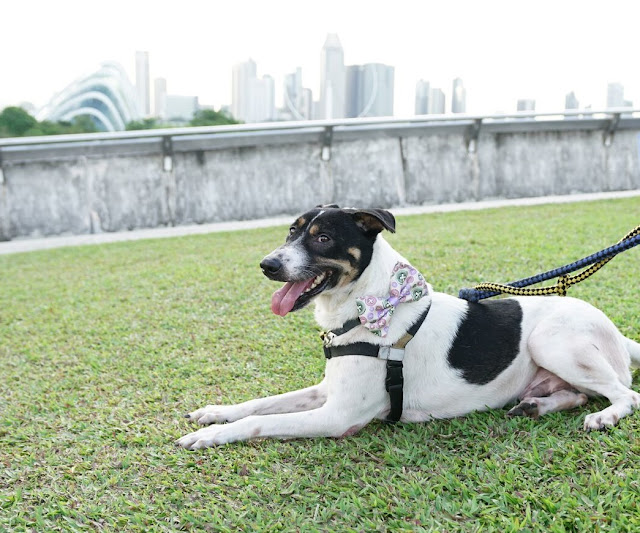You might think that you are prepared for anything when you first bring your pet home. You might have prepared a list of things that your pet might need and bought them all so you know you have everything you need. But have you ever thought about what would happen if your pet unexpectedly decides to display his/her Harry Houdini or David Copperfield-like escape artist skills and runs out of the house? What happens then?
Hundreds of lost dogs and cats end up in animal shelters every month, but only a fraction ever get reunited with their owners. That's why microchips are important: they help lost pets to find their way back to their owners.
Hundreds of lost dogs and cats end up in animal shelters every month, but only a fraction ever get reunited with their owners. That's why microchips are important: they help lost pets to find their way back to their owners.
What is a microchip?
It's a small permanent implant, about the size of a large grain of rice. Each microchip has a unique serial number, which you can register online with AVA and PETCALL. It's an important form of identification for pets, such as dogs and cats. A microchip is NOT a GPS tracking device. If you do not register the microchip, then there is no records of your contact information even if your lost pet is found and scanned.
 |
| That's a microchip |
How is a microchip implanted?
The microchip is injected under the skin with a large needle. Usually, it's positioned at the nape of the neck. The procedure takes only a few seconds, and can be done at any vet. One microchip lasts a lifetime.
 |
| Scanning your dog for a microchip |
Is it painful for my pet?
Microchips are inserted using a needle so your pet may feel a strong pinch much like how we might feel when we get an injection.
How much does it cost?
It costs about $50 to $80 for a vet visit and microchip.
How do you read a microchip?
A handheld microchip scanner is used to read a microchip. Veterinary clinics, animal shelters, and pet shops are usually equipped with microchip scanners. When a scanner detects a microchip, it will display a unique 15-digit serial number.
 |
| A handheld microchip scanner |
What is the microchip registry? Why must I register a microchip?
Every new microchip needs to be registered in a database. By registering, you're providing your contact information to the relevant authority in the case that your pet is lost and found.
Here's what happens when a lost pet is found:
- The relevant authority / vet will scan for a microchip.
- If a microchip is found, a 15-digit serial number will be displayed on the scanner.
- They will do a search in all the microchip databases.
- If the microchip is registered, the serial number will be matched with the pet owner's contact information.
- The owner will be contacted and reunited with his or her pet.
Don’t forget to ensure that you register your pet’s microchip details with the two registries that are available in Singapore, without which, a microchip is as good as useless:
- AVA (http://www.ava.gov.sg/e-services)
- PETCALL (http://www.petcall.org/)
Only then will the relevant authorities be able to help our lost pets find their way home.
Since 2007, it is also mandatory in Singapore to ensure that all pets are microchipped and registered under AVA. It is an offence if your pet is not licenced and the owner could incur a significant fine, if convicted in court. To improve the traceability of pets, the AVA introduced stricter licencing rules for pet businesses as well as individual owners in March 2017. Owners who sell or give away their pets will now have to inform AVA about the change of ownership and update them with the details of the new owners. These measures just go to show how important it is to microchip and register your pet details!
But even with the strict regulation, we still often find dogs that are not microchippped, so be a responsible pet owner and ensure that your pets are microchipped and registered! All of HOPE’s dogs that are up for adoption have been microchipped!
Since 2007, it is also mandatory in Singapore to ensure that all pets are microchipped and registered under AVA. It is an offence if your pet is not licenced and the owner could incur a significant fine, if convicted in court. To improve the traceability of pets, the AVA introduced stricter licencing rules for pet businesses as well as individual owners in March 2017. Owners who sell or give away their pets will now have to inform AVA about the change of ownership and update them with the details of the new owners. These measures just go to show how important it is to microchip and register your pet details!
But even with the strict regulation, we still often find dogs that are not microchippped, so be a responsible pet owner and ensure that your pets are microchipped and registered! All of HOPE’s dogs that are up for adoption have been microchipped!
Written by: Annie & Sam






















